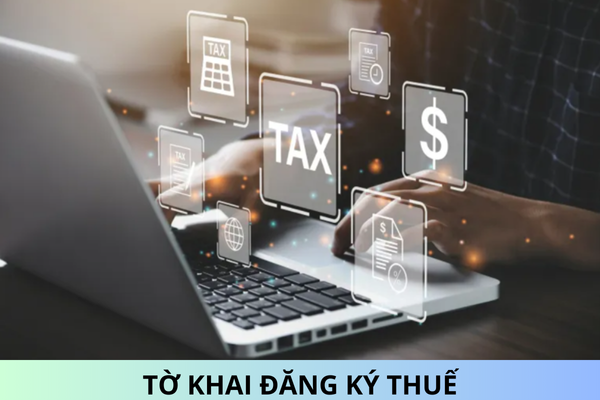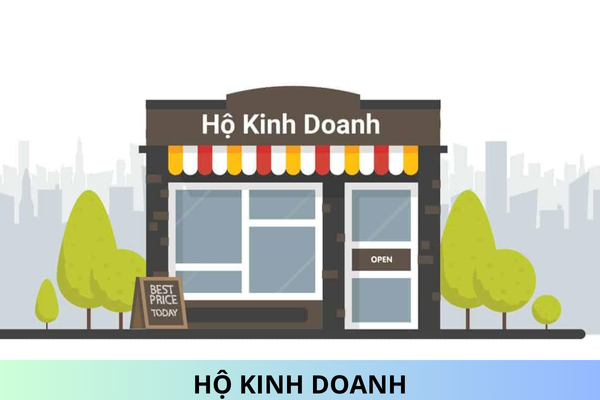Will Use E-Invoices Generated from Cash Registers for Golf Business Starting from August 1, 2024?
Will e-invoices generated from cash registers be used for golf business from August 1, 2024?
On June 4, 2024, the General Department of Taxation issued Official Telegram 01/CD-TCT in 2024 regarding the resolute and effective implementation of tax management for e-commerce activities and e-invoices generated from cash registers.
In Section 1 of Official Telegram 01/CD-TCT in 2024, the General Department of Taxation has the following requests:
- Implement a comprehensive review and inspection of tax declaration, payment, and the use of e-invoices by organizations, business households, and individuals engaged in e-commerce, operating on e-commerce platforms, affiliate marketing, providing digital content products, and earning income from advertising activities, software provision... particularly online businesses and individuals who live stream to sell goods and services, etc.
2. Deploy solutions to apply e-invoices generated from cash registers from August 1, 2024, for the following types of businesses:
- Selling golf course tickets and providing golf course services.
- Trading apparel, equipment, accessories, etc., for playing golf.
Develop plans, and carry out inspection and audit work for the businesses mentioned above to ensure they understand and fully recognize their responsibilities and commit to strictly implementing tax declarations and payments as per regulations, promoting the application of e-invoices generated from cash registers, and preventing revenue loss from the National Budget.
Rigorously implement the tasks for the leaders of the Tax Department, leaders of divisions, and sub-departments of taxation, and specifically to the officials managing units to disseminate the policy, regulatory laws regarding tax declaration, payment, and the use of e-invoices in transactions to each business involved in e-commerce, golf course operations, and golf course support services.
Direct a review, evaluation, and planning for applying e-invoices generated from cash registers for business types with revenue from selling tickets for tourist attractions, entertainment activities, etc., and report to the General Department of Taxation before August 1, 2024.
Thus, one of the requirements that the General Director of the General Department of Taxation has asked of the Directors of the Provincial and City Tax Departments, and the Large Enterprise Tax Department, is to implement solutions to apply e-invoices generated from cash registers from August 1, 2024, for the following types of golf businesses:
- Selling golf course tickets and providing golf course services.
- Trading apparel, equipment, accessories, etc., for playing golf.

Will e-invoices generated from cash registers be used for golf business from August 1, 2024? (Image from the Internet)
What principles must invoices generated from cash registers connected to the tax authority satisfy?
Article 11 of Decree 123/2020/ND-CP stipulates that invoices generated from cash registers connected to the tax authority must satisfy the following principles:
- Identifiable as invoices printed from cash registers connected to electronic data transfer with the tax authority;
- Not required to have a digital signature;
- Expenses for purchasing goods and services using invoices (or photocopies of invoices or information retrieval from the General Department of Taxation's electronic portal about the invoices) generated from cash registers are determined as expenses with sufficient legal invoices and documents when determining tax obligations.
How many types of e-invoices are there?
Article 3 of Decree 123/2020/ND-CP stipulates the following about e-invoices:
Terminology Explanation
In this Decree, the following terms are understood as follows:
An invoice is an accounting document created by an organization or individual selling goods or providing services to record information on the sale of goods or provision of services. Invoices are presented in the form of e-invoices or invoices printed by the tax authority.
An e-invoice is an invoice with or without a tax authority code presented in electronic data form created by an organization or individual selling goods or providing services using electronic means to record information on the sale of goods or provision of services, as per the regulations of accounting law and tax law, including cases where invoices are generated from cash registers connected to electronic data transfer with the tax authority. Specifically:
a) An e-invoice with a tax authority code is an e-invoice assigned a code by the tax authority before the organization or individual selling goods or providing services sends it to the buyer.
The tax authority's code on the e-invoice includes a transaction number, which is a unique sequence of numbers created by the tax authority’s system, and a string of characters encoded by the tax authority based on the seller’s information on the invoice.
b) An e-invoice without a tax authority code is an e-invoice sent by the organization selling goods or providing services to the buyer without the tax authority’s code.
Therefore, there are 02 types of e-invoices:
- E-invoices with a tax authority code;
- E-invoices without a tax authority code.










